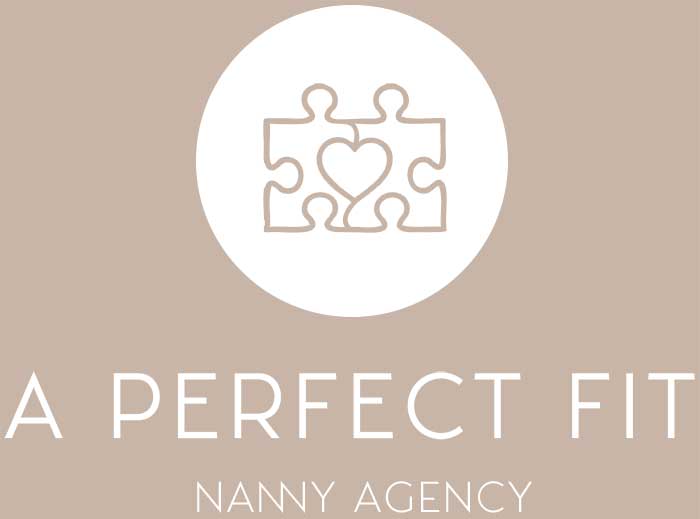NCS Series: NCS and Postpartum Recovery

As we further explore the area of childcare with Newborn Care Specialists (NCS) we will be discussing the process of postpartum recovery and the NCS role in it. We all wouldn’t be in this business if we didn’t think that babies are wonderful. They are soft, cuddly and smell good (most of the time anyway!) and we are thrilled when they arrive. The world is full of congratulations and excitement for your new family. But what our well-meaning world often doesn’t do as well is support families during the postpartum period in a way that meets their needs.
What is the postpartum recovery process like?
Every pregnancy is different, but many parents experience postpartum symptoms after giving birth. These may include depression, irritability, issues in bonding with the child, and insomnia – among other symptoms. It can be especially difficult on a parent who might also be simultaneously struggling with any physical recovery symptoms from childbirth as well, which can oftentimes be tough on parents as much as it is a life-changing blessing. It’s important that families remember in dealing with postpartum recovery that, like anything that involves mental health, there is no reason to feel any sort of shame, embarrassment, or guilt about having such symptoms, as it is extremely common. In life, especially as it relates to huge life events such as childbirth, there are many times where it will be required to ask for help from resources and specialists available to families when things get to be a bit overwhelming. Postpartum symptoms are treatable with the right help, and there are plenty of medical professionals who have the expertise to properly deal with it. It is important to remember in the road to recovery that postpartum is a medical issue, and has absolutely nothing to do with how fantastic of a parent the person struggling with it is. Prioritizing help in dealing with postpartum can greatly decrease and even eliminate the chances that the condition could worsen into postpartum psychosis – a more serious and rare condition with symptoms such as hallucinations and paranoia. This is why prioritizing your mental health as a parent is extremely important, and will also set a great example for your children as they develop. Call your doctor as soon as postpartum symptoms last for longer than two weeks, or if they are severe enough to have become concerning.
Lending a hand
Oftentimes a person struggling with postpartum symptoms will not ask for help immediately due to many of the symptoms of their condition. Feelings of shame and depression are common in the illness and make it all the more difficult for the person struggling to ask for help. This is where the importance of loved ones and a support system come in handy for the parent, and someone can help approach a conversation delicately with the parent, gently encouraging them to seek any additional help they might need to recover from postpartum symptoms. If you find yourself in a situation that requires such a conversation because you see a parent and/or loved one struggling there are several ways to carefully open up the conversation. It is a great idea to invite them into a space that is convenient and relaxing for them, such as a coffee shop or tea shop. Additionally, recognize that they will likely need childcare to help you have a private conversation with them about this very serious topic – so it’s a good idea to pre-emptively assist them with childcare options ahead of time if it’s something they’re comfortable with. When you’re able to open up a safe space to have the conversation, it’s imperative that it’s done with love and support, and that the parent understands that you don’t judge them at all and, in fact, completely understand and empathize with the difficulty that can come with postpartum symptoms. Lend a hand in connecting them to resources, and reiterate as much as possible how everyone needs outside help from time to time. When approached the right way, this conversation can massively help parents and families in need of some extra support, and can even save lives in some cases.
How can a Newborn Care Specialist help?
Even generous amounts of family leave don’t take care of the day to day needs or meet you in the moment. Having someone who can be there to take the baby so you can shower, or nap, or read, or just sit and do nothing in order to help with recovery can be amazing. Someone who makes sure that you eat (possibly even prepare the meal for you) or that made it possible for you to play with your 3 year old who is feeling a bit neglected, or even allows you and your partner some much needed alone time after the arrival of a new baby, can be an invaluable resource. Especially after a challenging arrival!
Whether your new baby arrived via a traditional birth, a C-section, or even through a surrogate, this tiny being can upend a household and everyone is in need of a little support during recovery. Without it, sleep is lost, mental health can decline and relationships feel it. Family is wonderful, but circumstances don’t always allow for them to be there to support you. That is where a well-trained and experienced NCS can make a huge difference in how you and your family adapt to and recover from this massive, albeit wonderful, life change. From an experienced NCS: “We support them to start their life as a family with a solid foundation – of knowledge, sleep, emotional and physical support.” And sometimes, just knowing you are not alone can make all the difference in the world.
Helping you hire someone amazing is where we come in; reach out to us today to find out how our agency can support your family through providing a qualified NCS.











